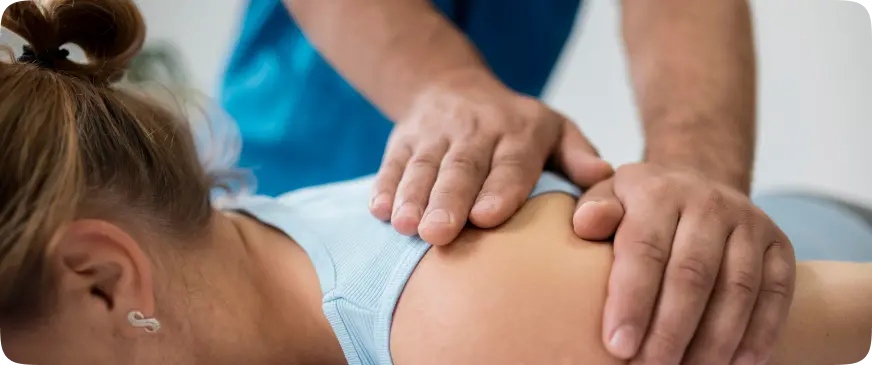
Orthopedic Manual Therapy (OMT) and Osteopathy: A Scientific Touch for Your Body's Natural Balance
Your body is sending you signals: pain, stiffness, limited movement...
Manual therapy and osteopathy are natural treatment approaches that aim to resolve these symptoms without medication, invasive procedures, or scientific methods.
In this article, we will take an in-depth look at what manual therapy and osteopathy are, how they are applied, and who they are suitable for.
What Is Orthopedic Manual Therapy?
Manual therapy is a physiotherapy approach that aims to reduce pain and increase mobility through special techniques applied by hand to muscle, joint, and nerve tissues.
Osteopathy, on the other hand, treats the body as a whole and restores circulation, nerve transmission and inter-tissue balance by removing blockages in the musculoskeletal system.
Why is it important?
The stress, poor posture habits and lack of exercise associated with modern life place serious strain on the musculoskeletal system.
Manual therapy and osteopathy alleviate these stresses.
They provide long-term relief by treating not just the symptoms but the source of the pain.
How is it applied?
Manual therapy applications include:
- Muscle relaxation
- Joint mobilisation
- Soft tissue techniques
- Traction (stretching)
Osteopathy includes:
- Light techniques applied with the fingertips
- Joint manipulations
- Blockage solutions and many other methods.
All applications are tailored to the individual and performed by professional therapists.
Who is it suitable for?
- Those suffering from back and neck pain
- Those suffering from migraine and tension headaches
- Those with posture problems, scoliosis and postural problems
- Those who have suffered sports injuries or muscle spasms
- Those with chronic fatigue or temporomandibular joint (TMJ) disorders
Tips and Warnings
- Mild pain or sensitivity after the session is normal.
- Manual therapy must be performed by qualified professionals.
- Rest and drinking plenty of water after the session will speed up recovery.
- Regular exercise should be followed to support the treatment process.
Frequently Asked Questions